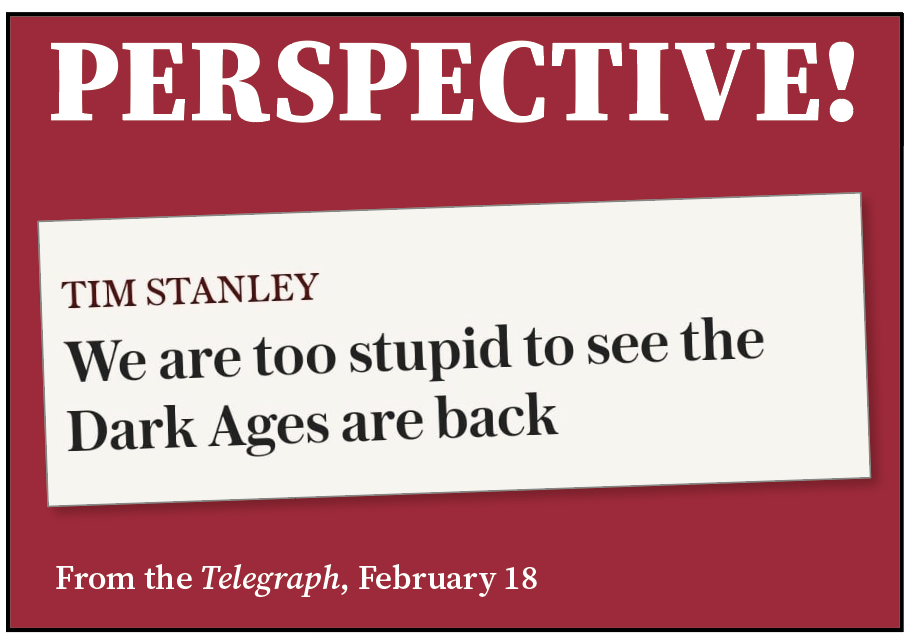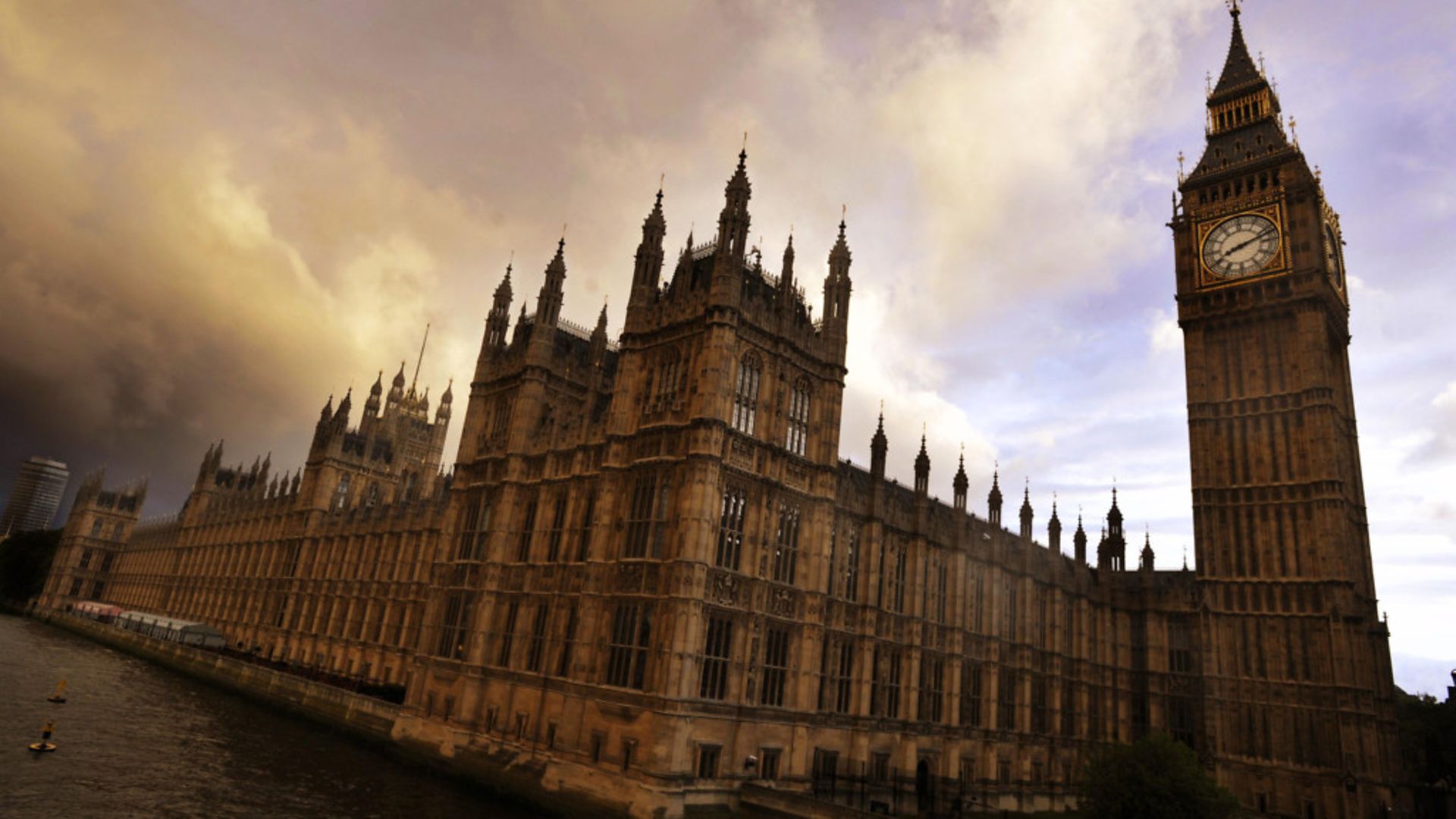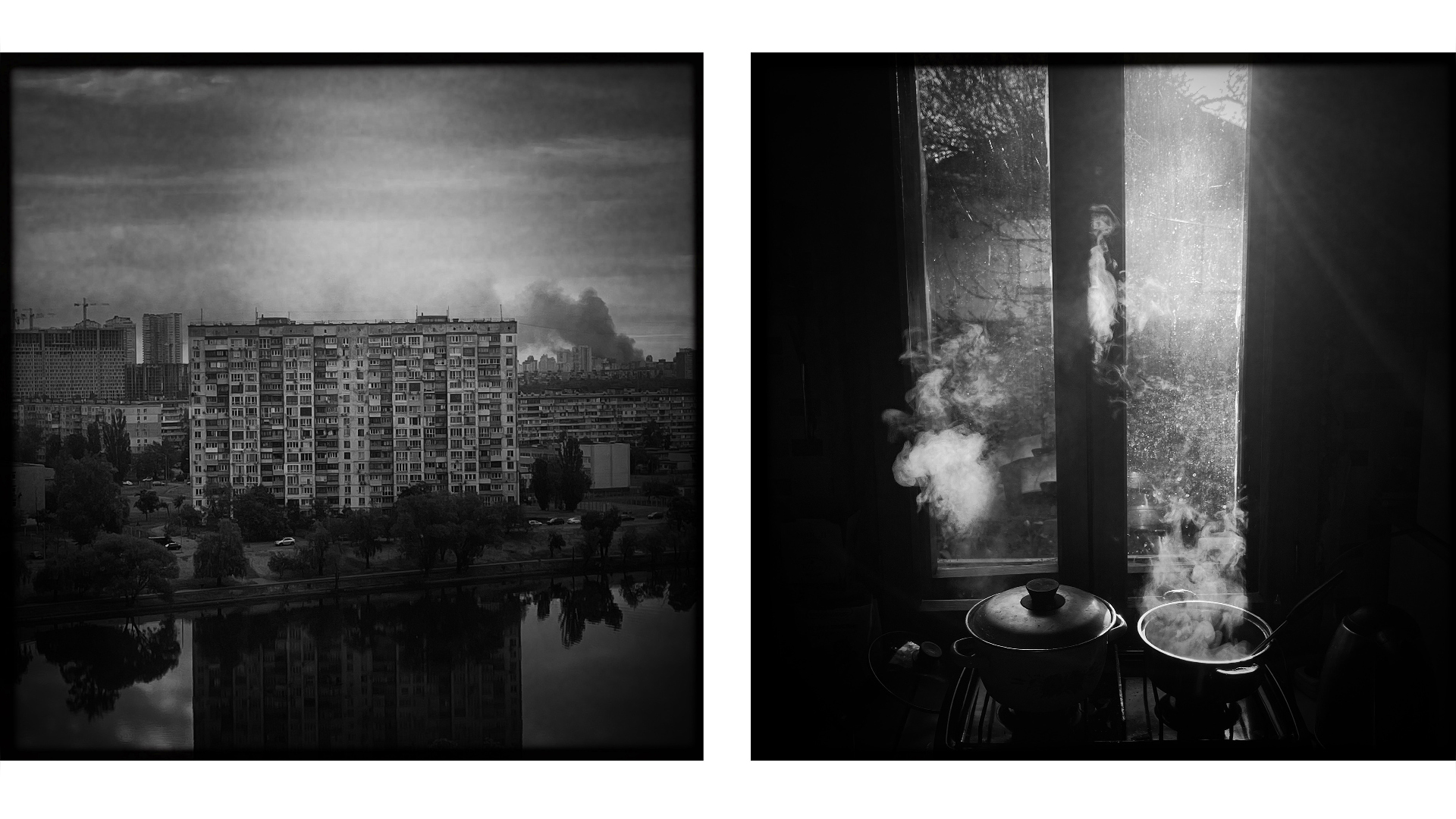Patience Wheatcroft is right that “It is time to expose anonymous political donors” (TNE #376), as long as this comes in a broader package of measures to clean up politics.
Political donations are clearly a matter for the individuals involved. Yet why not be clear that any party which takes money from an individual cannot then award that individual an honour?
Kate Hendry
I agree with every word in Patience Wheatcroft’s piece. The fall in standards is nearly everywhere, including the House of Lords, where some members turn up, draw their day’s fee and go to the bar, or home.
It has become popular to decry the whole institution for these undemocratic anomalies. But the real issue is caused by the move away from ennobling people of true eminence in their chosen profession, who are not answerable to a party or electorate, but only to their conscience.
The committee that accepts nominations must be strengthened to allow it to enforce minimum standards or “eminence”. There must be no political hacks, with previous cabinet-level post-holders as a minimum and leaders only of major churches – although that is arguable in these more secular times.
Norman Harris
Peerless
It’s no surprise that Boris Johnson has apparently named a life peerage as his price for joining Rishi Sunak’s government (Mandrake, TNE #376). He doesn’t even want a safe seat so he can return as an MP. Salary too low and workload too high. Despicable!
Marie-Claire Marsden
Mandrake reports that Sunak is seeking planning permission to fly three flags from No 10’s roof (TNE #376). Is this a sign that his fortunes are flagging?
Roger Hinds
We’re about to enter a year of media frenzy in which the post-truth headlines will be taken up a notch. I hope TNE can continue its quality reporting in giving full and necessary context in every piece of journalism it produces. Therefore, Mandrake (TNE #376) should clarify that Sunak’s bet with Piers Morgan was £1,000 to a refugee charity, not personally to each other. Let TNE remain an oasis of hope in the sea of 21st-century broadsheet degeneracy.
Luke Wilson
Selby, North Yorkshire
Precedents
On at least one level, Matthew d’Ancona dubbing Joe Biden “an American Ulysses” (TNE #376) doesn’t do the president any favours; your columnist makes the comparison in terms of Tennyson’s Ulysses, urging on his old companions to one last adventure (Channel 4’s repeats of the original Frasier series have just been reaching the stage where Dr Crane quotes the poem while bidding farewell to family and colleagues).
To those even slightly familiar with the Homer Odysseus (aka Ulysses) this doesn’t make too much sense, since we know that Ulysses’s companions in his Trojan adventures never lived to get home again, being drowned or eaten in their hundreds; one must suspect that the Anglo-Irish version of the aged hero would be left alone on a ship with companions whom only he can see (and who couldn’t row him anywhere).
But, of course, there has already been an American Ulysses: Ulysses Simpson Grant, probably the greatest American soldier who became possibly the worst president, and was succeeded in 1877 by Rutherford B Hayes after an election often considered to have been “stolen”.
Bryn Hughes
Acton Park, Wrexham
Fagged out
Simon Barnes’s article on past efforts to achieve a smoke-free generation (“A drag on humanity”, TNE #376) could well have mentioned a short story by Garrison Keillor, End of the Trail, which first appeared in the New Yorker in September 1984.
It starts “The last cigarette smokers in America were located in a box canyon south of Donner Pass in the High Sierra by two federal tobacco agents in a helicopter who had spotted the little smoke puffs just after noon… There were three females and two males, all in their mid-forties, they had been on the run since the adoption of the Twenty-eighth Amendment.”
If Rishi Sunak’s plans do become law I wonder where the last smokers in the UK, sometime in 2130, will be found?
Iain Loe
St Albans, Hertfordshire
Coast line
It is with an enthusiastic appreciation that I write after reading Charlie Connelly’s “A family on the edge of the world” (TNE #376). His description of the Norman and Breton coast that prefaces it is stimulating and evocative. Together with the fine picture, which displays the artist Singer Sargent’s The Oyster Gatherers of Concale.
Geoffrey Taylor
Mind games
I’m a scientist and a medic. I have been interested all my life in logic, proofs, outcomes.
Yet I have been totally blown away by my enjoyment of Nigel Warburton’s “Everyday Philosophy” every week. I just love it and read it first every time.
A huge thank you for his spin on the world and for the new way I now look at things.
Sally Williams
Cilycwm, Llandovery
Breaking up
Paul Connellan (Letters, TNE #376) argues “it is an accepted fact in Brussels” that there is “no way” an independent Scotland can achieve EU membership, adding there are no circumstances Spain would agree to a “breakaway province” being granted membership. Mr Connellan gives no evidence to support his claim. He also fails to understand that Scotland has never been what he calls a “province” of the United Kingdom.
The UK itself is a direct product of the Act of Union between two sovereign states, Scotland and England. If one member state, in this case Scotland, democratically votes to end the union and does so with the legal endorsement of the parliament of the unitary state it could not in any way be described as a “breakaway province.” Scotland and Catalonia are entirely different, constitutionally and historically.
Mr Connellan also makes the unsubstantiated, unexplained claim that Belgium and Italy would not support Scotland’s accession to the EU. He says, it is not in their interest, because it would be splitting from the “mother country.” But there is no mother country, other than the UK, which is a product of the voluntary union of Scotland and England.
Scotland’s and England’s membership of the UK is as a result of votes by the Scottish and English parliaments to dissolve the parliaments of Scotland and England to create a new parliament for the new United Kingdom. What was made by voting can be undone by voting.
Martin Roche
Glasgow, Scotland
Unlike Catalonia, Scotland in its distinctive institutions, legal system etc already has many of the attributes of an independent state.
In time the EU may have to face the scenario of a new country emerging from the unification of the Republic of Ireland with Northern Ireland, as well as similar adjustments elsewhere in Europe. The EU provides a framework for change to happen in a peaceful way in accordance with the wishes of its peoples.
Richard Ross
Lothian, Scotland
Tax burden
In “The worst of the Tory-created council cash crisis is yet to come” (TNE #375), Paul Mason made a good analysis of the problems local councils are facing because of chronic underfunding, but I was dismayed at some of his solutions.
I live in the south in a modest two-bedroom property, which over nearly 40 years has risen greatly in value. I on the other hand have not. My retirement income is under £25,000 and I have very modest savings, having been a single parent for many years.
My objection to council tax is that, unlike income tax and national insurance, it is not based on income, so just because you inadvertently happen to live in what is termed a valuable property, that doesn’t mean you are correspondingly rich as well.
If my single-person exemption was withdrawn and I was charged on the “value” of my house, I would have to move away from my support base to a cheaper area. Also, surely it is the councils in the more deprived areas who need the most funding, so how would that help them?
Ann Hill
The suggested re-banding of houses presumably is meant to bring more homes into higher bands, despite the fact that the valuation of a home may bear no relationship to the wealth of the residents. For example, it is perfectly possible that a couple now living solely on the state pension bought their home 40+ years ago and, through house price inflation, changes in desirability of area, etc and re-banding to a higher rate, would now face charges totally at odds with their income.
No doubt that argument would be met with the common complaints about “old people” reluctant to face the upheaval of moving after decades in a home gained through their hard work and thrift.
Denis Jackson
Bournemouth, Dorset
Out of kilter
I was interested to read Margot Kerr’s letter (TNE#375) about the Scotsman having his kilt ripped off in an Australian bar by a young woman who became “rather vigorously intent” on seeing what was underneath.
Imagine a man doing that to a woman. In a bar, ripping her skirt off to “see what was underneath”. All good fun, just a laugh, it was only a joke… etc as he was carted off by the police.
Are we so full of patriarchal misogyny that we can’t recognise matriarchal misandry? Or am I being overly sensitive?
Jan Reichel
German blight
Thanks to Steve Anglesey for his balanced piece on the TNE website (tinyurl.com/ycx3h5f6) about the economic woes of Germany and the UK. As ever, the UK government is in denial while the Germans get on with sorting out their problems.
I have just spoken to one of our German friends and asked him for his views via a few questions. How bad are the effects of inflation? “Prices have gone up, but the rate of increase has slowed since the autumn. No problem with supplies.”
What about the price of energy? “It has risen, but not hugely, thanks to a lot of investment in wind, solar and hydro-electric power. We are more self-sufficient than people think.”
What about investment in businesses such as the car industry and engineering more generally? “The car industry is investing massively in new technologies – Daimler (aka Mercedes-Benz) has a big transformation programme. The local technical university ensures a good supply of highly trained technicians. They are very well paid.”
Do you have any problems getting a GP, dentist or hospital appointment? “No.” What about public transport? “It is fine locally now that the system here has been digitised, but nationally the trains are less reliable than they used to be.”
What about housing? “We have two major schemes to get low-cost houses built quickly – Fertighaus (houses assembled on site) and Tiny Haus (very small, low-cost starter homes). Both sorts are very energy-efficient – triple glazing, solar panels, energy recovery system.”
This doesn’t sound like a country with massive economic or resultant social woes.
Phil Green
Ray of light
One of the few positive things to come out of the right wing putsch otherwise known as Brexit was the creation of the New European. Thank you for your shaft of light in an otherwise dismal political climate. I would like to think that things will get better, but this I doubt, at least in my lifetime (I’m 73).
The reason for my scepticism is that we live in a politically moribund state. Like the Roman empire, the UK is dying on its feet. In the parliaments of the 18th and 19th centuries, there were two parties (the government and the opposition) and so a first-past-the-post system served the country reasonably well. In the 20th century and in the present day, a multiplicity of parties means that few parties command a majority of voters. Indeed, it would be quite possible for a party with only 25% of the vote to form a government.
We have a system whereby the purpose of the main opposition party (Labour) is to keep their seats warm for the eventual return of the Tories. There is no vision beyond promising “good government”, which is not much more than what Donald Trump is promising his supporters in the US.
In addition, the likes of Hungary (unless bribed) and Spain (unless we cede Gibraltar) will make it difficult for us to rejoin the EU.
Jonathan R Hunn




